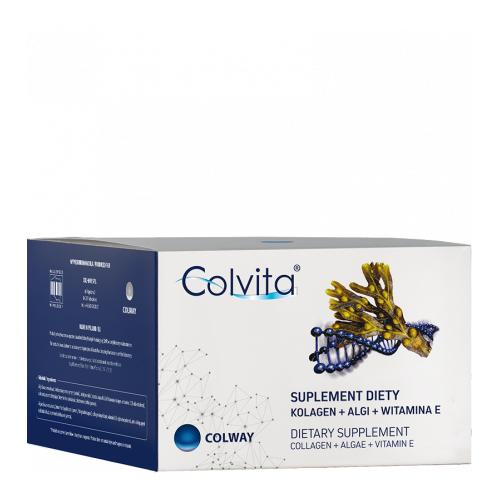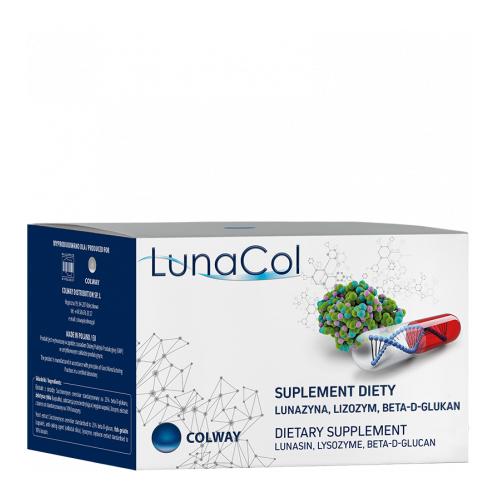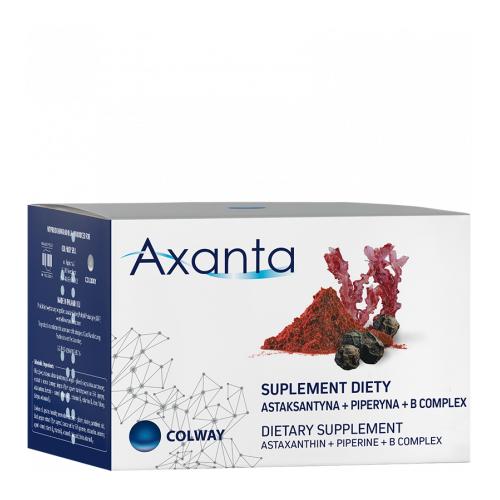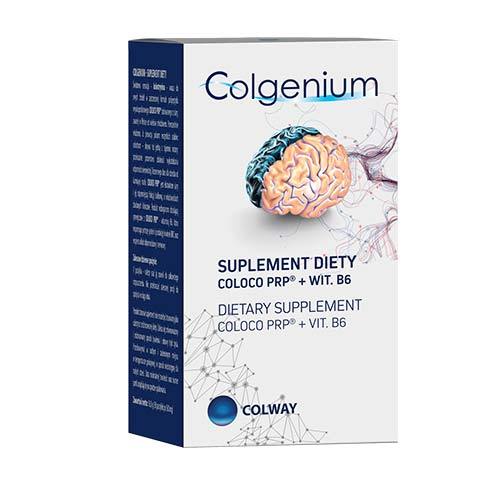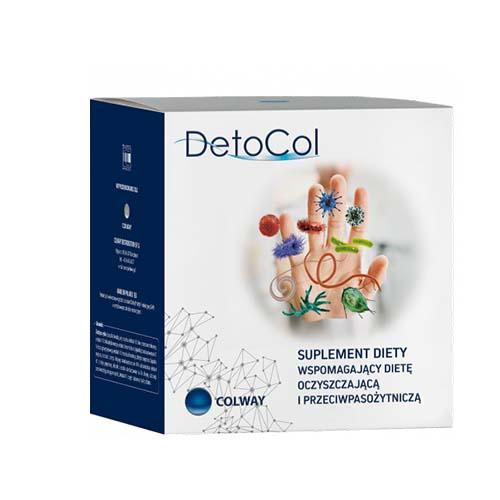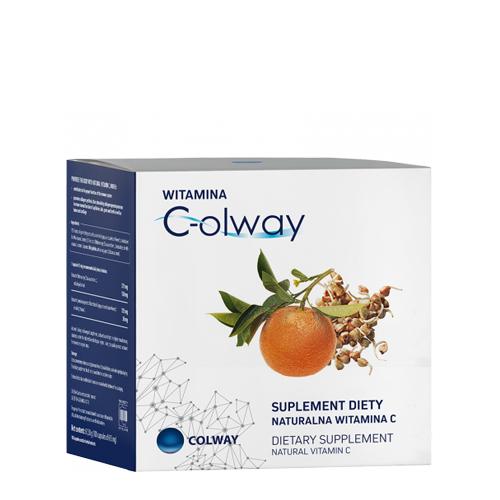Introduction: The importance of magnesium in our health
Magnesium is an essential mineral that plays a crucial role in more than 300 biochemical processes in the human body. It is involved in vital functions, such as energy production, protein synthesis, muscle contraction, and regulation of the nervous system. In recent years, interest in magnesium supplements has grown exponentially, leading many to question whether magnesium supplementation is a fad or a true necessity.
Magnesium deficiency: A common problem and its consequences
Why is magnesium deficiency common?
Magnesium deficiency affects a large proportion of the world's population, and it is estimated that approximately 60% of adults do not consume the recommended daily allowance of this mineral. The causes of this deficiency are varied, but can be mainly attributed to:
- inadequate diet: Most magnesium is found in plant-based foods such as whole grains, legumes, nuts, and green leafy vegetables. However, the consumption of these foods has decreased in recent decades in favor of ultra-processed products with low nutrient content.
- impoverished soils: Intensive agriculture and the excessive use of chemical fertilizers have reduced the amount of magnesium available in the soil, which translates into foods with a lower content of this mineral.
- Magnesium absorption and loss problems: Some diseases, medications, and lifestyle factors can affect the body's ability to absorb magnesium or increase its excretion in the urine.
Consequences of magnesium deficiency
Magnesium deficiency can have detrimental health effects, including:
- Fatigue and muscle weakness
- Muscle cramps and spasms
- Sleeping problems
- cardiac arrhythmias
- Arterial hypertension
- Osteoporosis
- migraines
- Anxiety and depression
Magnesium supplements: when and how to use them?
Indications for the use of magnesium supplements
The use of magnesium supplements can be beneficial in cases of proven deficiency or in specific situations in which an additional supply of this mineral is required, such as:
- Pregnancy and lactation
- Prolonged physical or emotional stress
- Intensive sports practice
- Consumption of drugs that interfere with the absorption or excretion of magnesium (such as diuretics, antibiotics and antacids)
- Diseases that affect nutrient absorption, such as celiac disease, inflammatory bowel disease, or diabetes.
Types of magnesium supplements and their absorption
There are different types of magnesium supplements, and their absorption varies depending on the chemical form in which the mineral occurs. Some of the most common supplements are:
- Chelated magnesium: This type of magnesium is bound to an amino acid, which facilitates its absorption in the intestine. Examples of chelated magnesium are magnesium bisglycinate and magnesium malate.
- Inorganic Magnesium: Includes forms such as magnesium oxide and magnesium sulfate, which have lower absorption than magnesium chelates. Although they are usually cheaper, they can cause side effects such as diarrhea.
- Organic magnesium: Among these is magnesium citrate, which has intermediate absorption and is a common choice in supplements.
It is important to choose the right type of supplement based on individual needs and to consult a health professional before starting to take them.
Magnesium in the diet: The best source of this mineral
Despite the popularity of magnesium supplements, the best way to obtain this mineral is through a balanced diet rich in natural foods. Some excellent sources of magnesium include:
- Nuts: almonds, walnuts, pistachios, hazelnuts and pumpkin seeds
- Legumes: lentils, chickpeas, beans and soybeans
- Whole grains: oats, quinoa, brown rice and buckwheat
- Green leafy vegetables: spinach, Swiss chard, kale, and romaine lettuce
- Fruits: banana, avocado, figs and forest fruits
- Fish: salmon, mackerel, tuna and sardines
Incorporating these foods into your daily diet can help prevent magnesium deficiencies and maintain optimal health. Additionally, these foods contain other essential nutrients and beneficial compounds not found in supplements.
Conclusion: Fashion or necessity?
The consumption of magnesium supplements can be useful in cases of proven deficiency or specific situations that require an additional supply of the mineral. However, it is important to remember that the best source of magnesium is a balanced and varied diet, rich in natural foods. The supplements should not replace a healthy diet, but complement it in individual cases and under medical supervision.
In summary, the interest in magnesium supplementation is not simply a passing fad, but rather a response to the growing awareness of the importance of this mineral in our health and the prevalence of its deficiency in the population. However, it is essential to address the problem from a comprehensive perspective, encouraging the consumption of foods rich in magnesium and promoting healthy lifestyles that favor optimal absorption and use of the mineral.
To ensure that the use of magnesium supplements is appropriate and safe, it is advisable to consult a health professional before starting their consumption. In addition, it is necessary to be informed about the different types of supplements available and choose the most suitable one according to individual needs.
In short, magnesium is an essential nutrient that deserves our attention, but its consumption in the form of supplements must be considered as a complementary solution and not as a substitute for a healthy and balanced diet.





















































































































